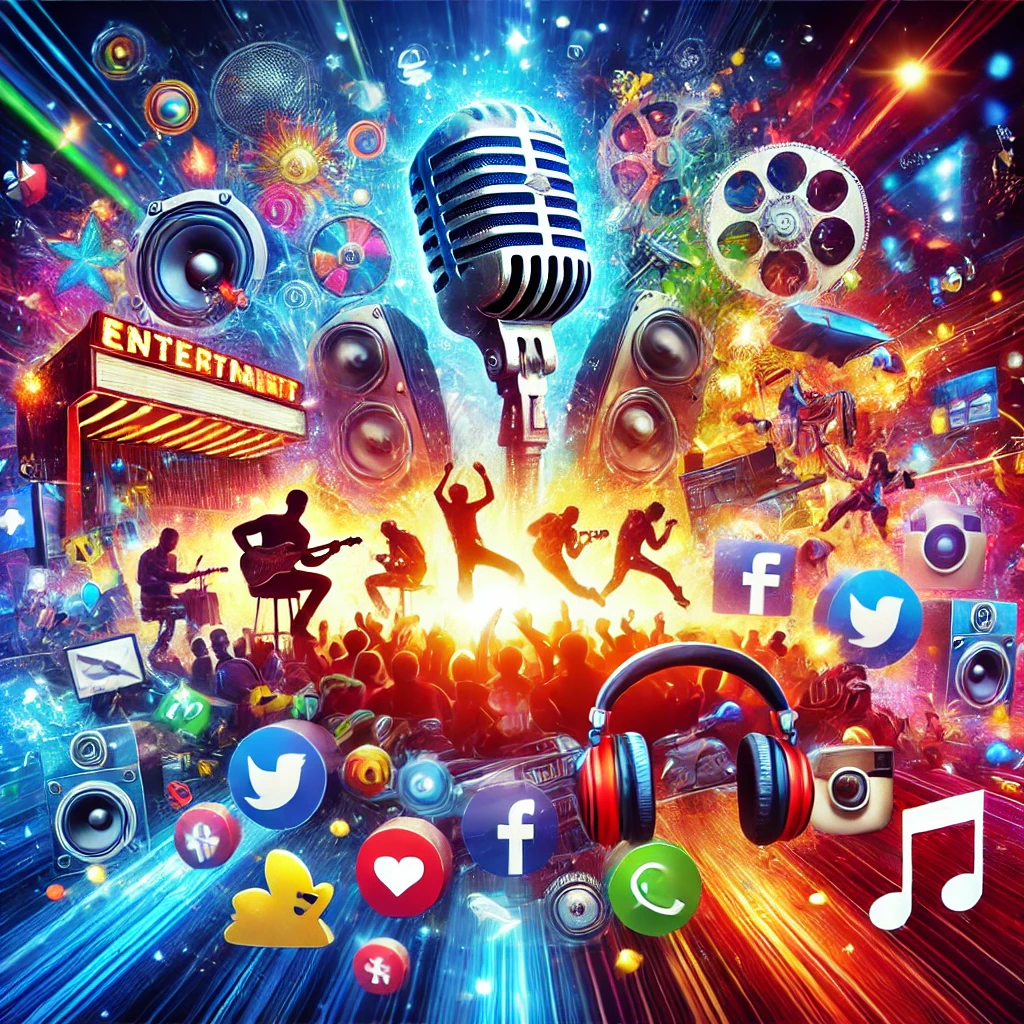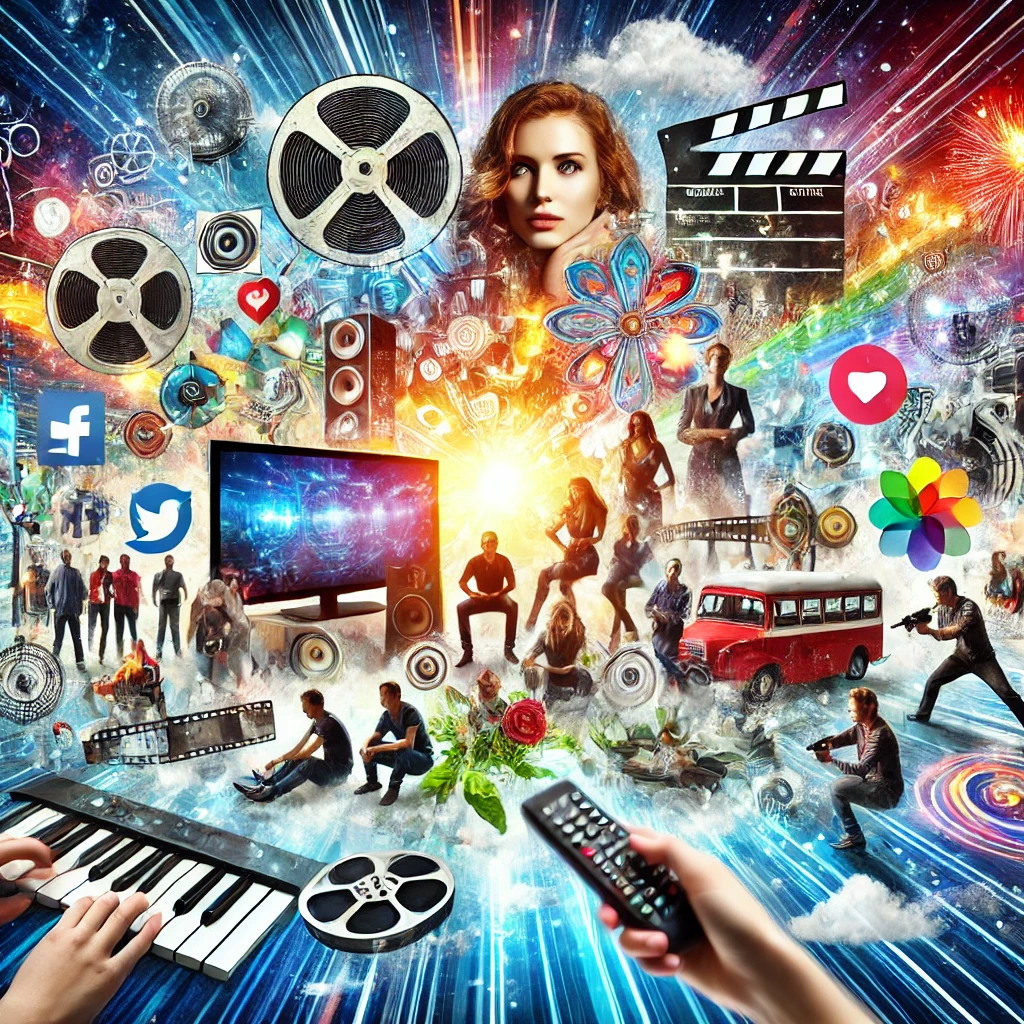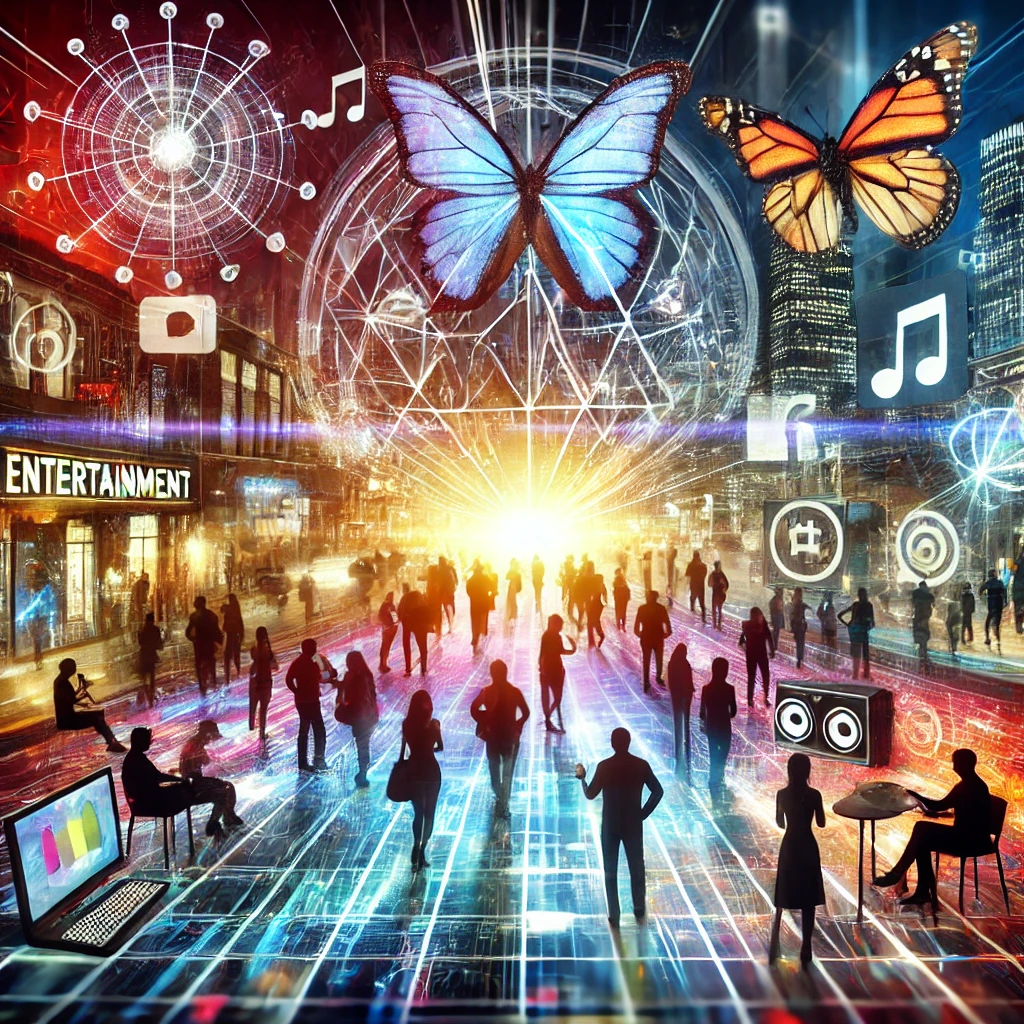Entertainment, an industry ever-changing and expansive, thrives in many forms. Whether in the flickering of cinema screens, the immersive experiences of video games, or the captivating allure of music and theater, it offers something for every individual, regardless of age, background, or preference. As a societal force, entertainment plays a key role in shaping culture, inspiring thought, and providing moments of respite from the grind of daily life. However, beyond leisure, entertainment possesses the remarkable ability to reflect and influence the ethos of entire generations. Its nature, diverse and far-reaching, not only provides amusement but also sparks dialogue, ignites emotions, and fosters connections. In this article, we delve deeper into the intricacies of entertainment, tracing its evolution, examining the technological forces that drive it, and exploring its profound impact on society.
The Evolution of Entertainment: From Classical to Modern Forms
In ancient civilizations, the concept of entertainment was primarily centered on live performances such as theater, music, and oral storytelling, which provided an essential means of education and cultural preservation. The Greeks and Romans, for instance, boasted amphitheaters where tragic plays, gladiatorial combats, and musical recitals were a form of both entertainment and ritualistic tradition.
With the advent of the printing press in the 15th century, the rise of literature added another dimension to entertainment, where novels, plays, and poems began to hold an esteemed place in the public’s leisure. The 18th and 19th centuries, with their advancements in technology, ushered in an era of musical performances and the creation of operas, laying the groundwork for modern entertainment formats.
The 20th century brought a revolution in entertainment, one that would forever change how people engaged with the arts. The cinematic industry flourished with the creation of Hollywood, bringing forth a new dimension of visual storytelling that was both grand and personal. Simultaneously, radio and television became integral to daily life, offering live broadcasts, serials, and shows that reached millions in the comfort of their homes.
The digital age introduced a further paradigm shift, as the internet provided access to an almost infinite array of entertainment. Streaming platforms, social media, and gaming revolutionized how content is consumed. No longer confined to traditional formats, entertainment became personalized, mobile, and interactive, empowering consumers to curate their experiences.
The Role of Technology in Shaping Entertainment
Technological advancements have been the key driving force behind entertainment’s evolution. From the invention of the first motion picture camera to the rise of virtual reality, technology has expanded the boundaries of what entertainment can be.
The most immediate and apparent change has been in the format of media consumption. The transition from physical records and cassettes to digital streaming platforms such as Spotify and Apple Music has allowed for immediate access to an enormous library of music, transcending geographical boundaries. Similarly, the cinematic world has seen the shift from VHS and DVD rentals to on-demand streaming services like Netflix and Disney+, offering viewers a seemingly endless array of films and series at their fingertips.
Virtual reality (VR) and augmented reality (AR) are on the frontier of interactive entertainment. These technologies are pushing the boundaries of gaming, film, and even live performances by immersing audiences in digital environments, where they can actively participate in the unfolding narratives. The rapid progress in AI, deep learning, and machine learning has made it possible for entertainment to be curated and even generated based on individual preferences, paving the way for an entirely personalized experience.
Additionally, the development of high-definition audio and 4K and 8K video resolution has enhanced the sensory experience of entertainment, making it more vivid and lifelike. Technology, in its multitude of forms, is ensuring that entertainment remains dynamic, adaptable, and constantly evolving to meet the ever-changing demands of global audiences.
The Impact of Entertainment on Society
Entertainment, while primarily a source of amusement, holds profound sway over societal norms, values, and behaviors. The power of film, music, literature, and other forms of art can influence public perception, challenge conventions, and even provoke political and social movements.
One of the most significant effects of entertainment is its role in shaping public opinion. Movies, television series, and news outlets have the ability to bring awareness to global issues, from environmental crises to social injustice. The narratives presented in popular culture can spark conversations, inspire activism, and even alter the course of history. Films like Schindler’s List or documentaries such as 13th have not only entertained but educated viewers, shedding light on human rights violations, historical atrocities, and social inequalities.
Furthermore, entertainment often serves as a reflection of the society in which it is created. For instance, the glamorization of wealth and celebrity culture in reality television can influence individual aspirations and perceptions of success, while the portrayal of familial dynamics in sitcoms can affect public views on relationships and parenting.
At a psychological level, entertainment provides a space for individuals to process emotions, confront anxieties, and heal. Music and films, in particular, are powerful tools for empathy and catharsis, allowing individuals to connect with stories that resonate deeply with their own lives. The consumption of entertainment also serves as an outlet for stress relief, a way to momentarily escape from reality and rejuvenate.
The Future of Entertainment: Trends and Innovations
The future of entertainment is poised to be dominated by trends that are already beginning to take shape today. Among the most exciting possibilities are immersive and interactive experiences, led by the rise of virtual reality (VR) and augmented reality (AR). The idea of experiencing a concert, film, or even a video game in an environment where one can move, touch, and interact with the surroundings will redefine how audiences consume media.
Conclusion
Entertainment remains a powerful, ever-evolving force in society. As it adapts to new technologies, shifts in societal expectations, and the complexities of global culture, its role in shaping human experience will only grow more significant. Whether it’s through music, movies, or immersive experiences, entertainment connects individuals across time and space, offering not only distraction but reflection, not only amusement but insight.
As we look toward the future, entertainment is not a passive force; it is an active participant in the ongoing dialogue between culture, technology, and human connection. Its ability to entertain, educate, and challenge will ensure its continued relevance for generations to come



